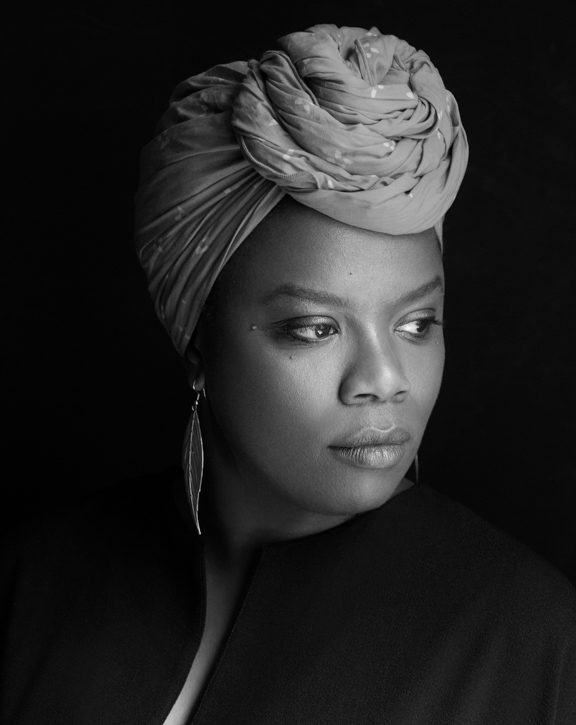
Broadway theater returns with an unprecedented seven plays by Black writers
Broadway theater returns with an unprecedented seven plays by Black writers

On Sunday evening, a Broadway theater will host the first opening night since last March. The play is called “Pass Over,” and it’s one of seven new pieces by Black playwrights coming to Broadway this season, an unprecedented number. By comparison, in the last complete season, there was one play by a Black author. But the shows also face unprecedented challenges due to COVID-19.
During previews of “Pass Over,” the show’s producer Matt Ross, said he’s watched people get re-accustomed to being audience members.
“Once they cross that threshold of getting back into the theater, the muscle memory comes back,” said Ross. “It’s like, ‘right, I know what this feels like. I love this.’”
The show is playwright Antoinette Chinonye Nwandu’s Broadway debut. It’s a combination of “Waiting for Godot” and the book of Exodus, set on a street corner, where two young Black men dream of a better life.
People have to show proof of vaccination to enter the theater, and are required to wear masks. Still, the pandemic could keep some usual Broadway audiences away. In recent years, tourists made up two thirds of ticket sales.
So, shows are looking for audiences beyond Broadway’s traditional (and mostly white) fanbase. Part of that comes by offering lower ticket prices. The average ticket price of a Broadway show is $120. “Pass Over” is offering tickets starting at $39. Producer Matt Ross says holding the play in the August Wilson Theatre, which has 1,100 seats, helps.
“That’s bigger than you would typically need for a play of this size,” said Ross. “What that enables us to do is have more flexibility in pricing.”
Meanwhile, the new comedy “Chicken & Biscuits,” is marketing the in places you might not typically see ads for Broadways shows, such as churches and restaurants.
“They don’t need to be longtime theater lovers, necessarily, to go to one of these shows and discover that it’s something they could love,” said Jesse Green, chief theater critic for The New York Times. “So that’s a huge opportunity, both in terms of audience-growing, but also in terms of production savvy, in thinking bigger.”
Black theater artists have a lot riding on the success of these shows, said Drew Shade of Broadway Black, a group dedicated to promoting the work of Black artists.
“We’re the tests, the guinea pigs, for what’s going to happen with the new theater, the new Broadway,” said Shade. “Will we still get the opportunity if the test doesn’t come out successful? If it’s not profitable?”
Profitability might be a high bar. The conventional wisdom on Broadway is that three quarters of all shows don’t even make their money back. And critic Jesse Green says that’s OK.
“Producers will continue to explore novel ways of getting close enough to profit to bring us work that people want and need to see,” said Green. “They have to remember, their theater is a business, but it’s also a public trust.”
Broadway is also hugely influential in terms of shows that are then performed around the country and world.
“We’re basically setting an example on Broadway and saying, these plays are important. These artists are important,” said Steven Chaikelson, who runs the theater management program at Columbia. “The hope is that theaters around the country, theaters in London, etc., that they’re going to take note.”
That’s why it’s important this season is not a one-off event, said Zhailon Levingston, the director of “Chicken & Biscuits” and director of industry programming for the Broadway Advocacy Coalition.
“If Broadway as an industry does not continue this path…. then what this year will mark is a period where we almost got it right,” Levingston said.
There’s a lot happening in the world. Through it all, Marketplace is here for you.
You rely on Marketplace to break down the world’s events and tell you how it affects you in a fact-based, approachable way. We rely on your financial support to keep making that possible.
Your donation today powers the independent journalism that you rely on. For just $5/month, you can help sustain Marketplace so we can keep reporting on the things that matter to you.

















